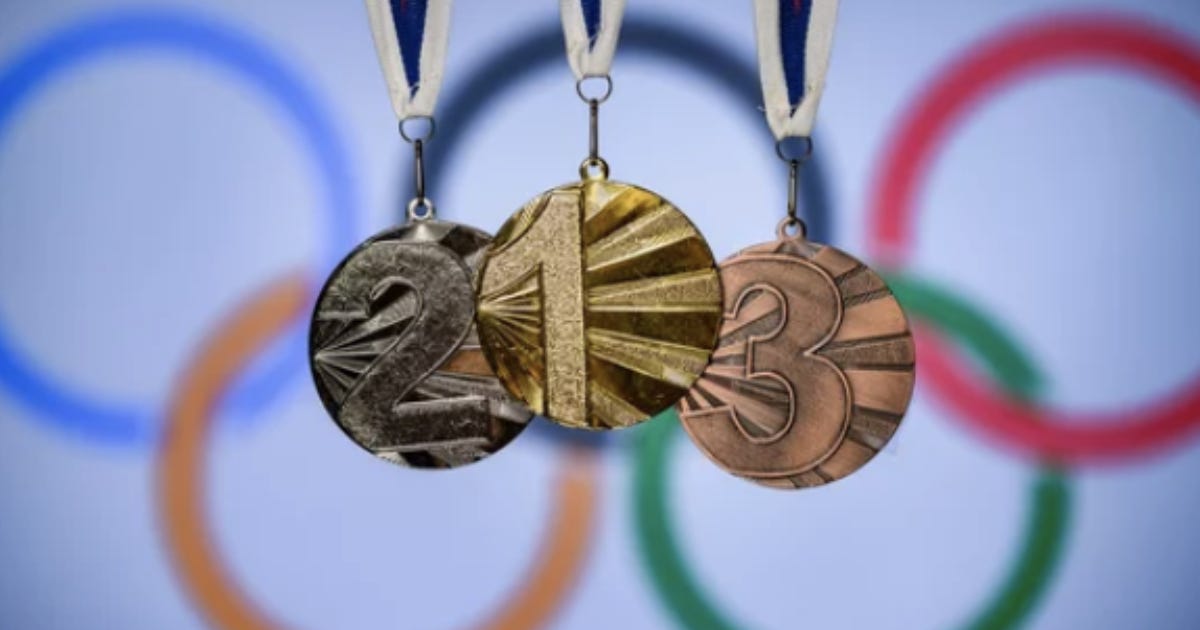Olympics committee to ban male-born athletes from women’s events
The International Olympic Committee is poised to adopt a female-only eligibility rule for women’s events after a scientific review of male-born physical advantages.
Author: Melanie Bennet
The International Olympic Committee is poised to adopt a female-only eligibility rule for women’s events after a scientific review of male-born physical advantages. Veteran coach and sex-based rights in sports advocate Linda Blade supports the move and calls it overdue.
Until now, the position of the International Olympic Committee was that transgender-identified males could compete in the female category with reduced testosterone levels, but left it to the sports federations to decide.
Blade, a veteran athletics coach, welcomes reports that the International Olympic Committee will adopt a female-only rule for women’s events. She is known for her work on sex-based policy and sport governance.
Blade told True North the change would align with the Olympic charter and restore competitive integrity in women’s sport. She said she is “overjoyed” at reports of a strict, female-only policy for Olympic women’s competition, adding that such a stance “will ensure safety and fairness in women’s sports.”
She called for a return to a simple test at accreditation, saying “a sex-verification cheek swab screen as a requirement for entry into the [Olympic] games is necessary to ensure full compliance.”
The International Olympic Committee’s 2021 framework left eligibility to the sports federations. That approach has produced uneven policies across sports and continuing disputes. Today’s reporting indicates the committee is moving toward a centralized, science-based standard for the women’s category.
The committee has not yet formalized the change.
Major federations have already tightened rules. World Athletics approved genetic sex testing for the women’s category using a one-time cheek swab or dried blood spot test. The rules were set to take effect ahead of its world championships.
A World Athletics working group previously recommended a “dignified, swift, non-invasive, and accurate” sex screening method to protect female athletes and provide a uniform gatekeeping step for eligibility. The federation argues that clarity reduces conflict and litigation and gives athletes confidence in the field.
International Olympic Committee president Kirsty Coventry has said the committee will “protect the female category” and develop a new science-led framework, signalling a shift from the 2021 guidance. Timelines reported today suggest implementation within six to twelve months. Any final policy would still require formal adoption.
In the Rio 2016 women’s 800 metres, Canadian runner Melissa Bishop finished fourth. She set a Canadian record, crossing the finish line behind Caster Semenya, Francine Niyonsaba, and Margaret Wambui, all of whom were later identified as having disorders of sexual development.
Under the proposed female-only Olympic eligibility rules with sex verification at entry, the winners would not have started unless they met the women’s category criteria. Bishop’s attempt would have moved her to the top of the podium.
Blade has pressed the International Olympic Committee for stronger women’s protections in prior letters and public commentary. She says a uniform eligibility rule combined with simple verification will align Olympic practice with national and international federation trends.





Seriously… they should’ve NEVER been admitted in the first place!!!